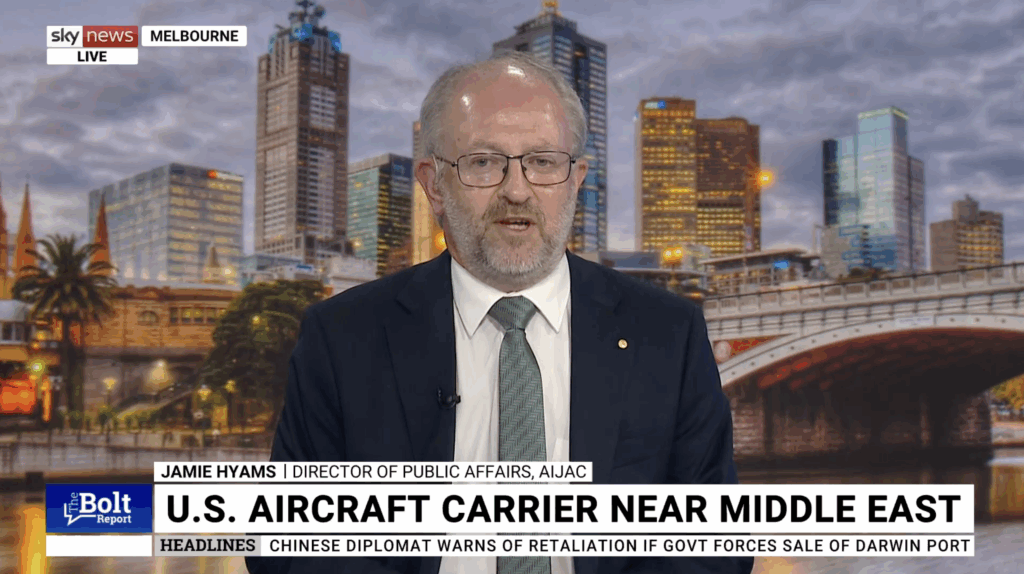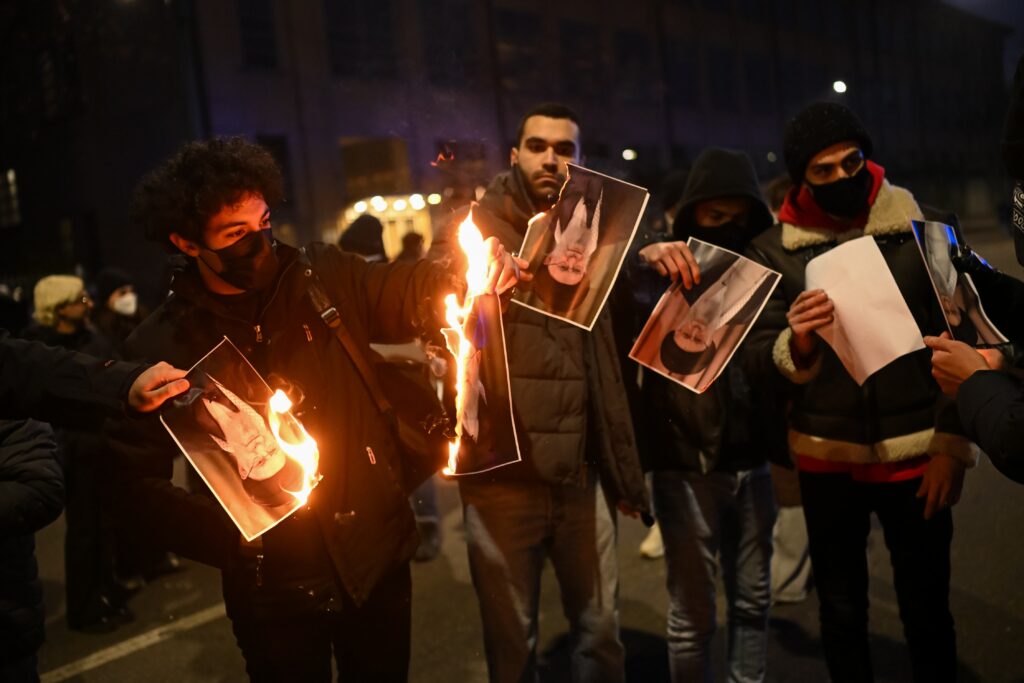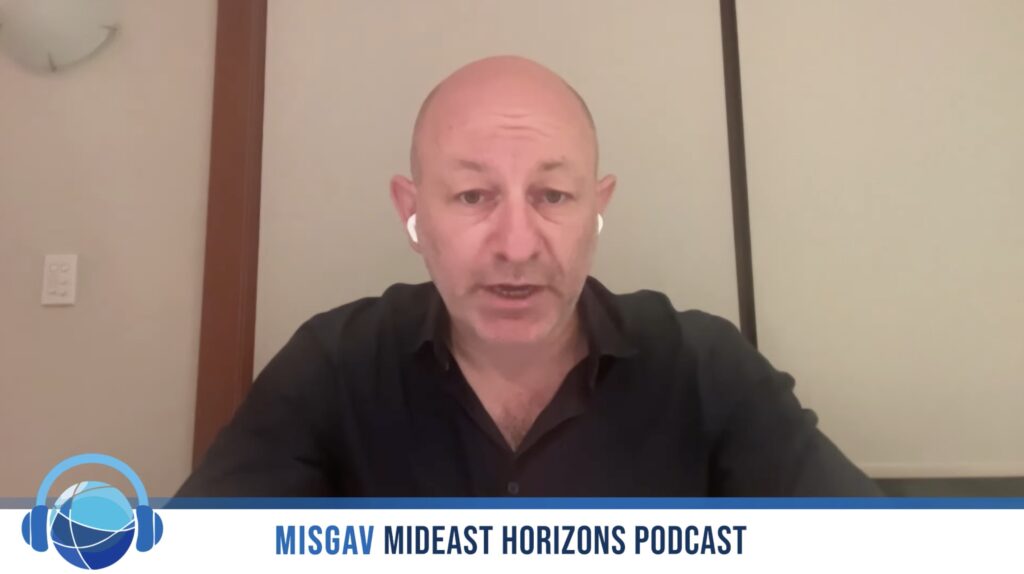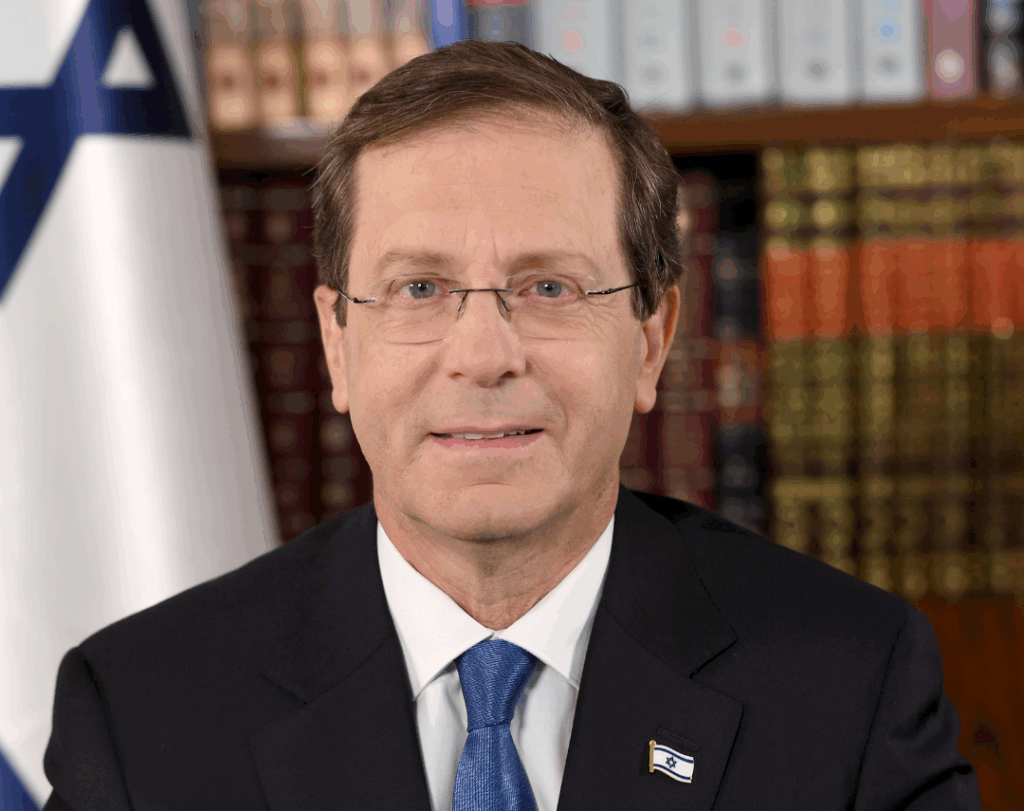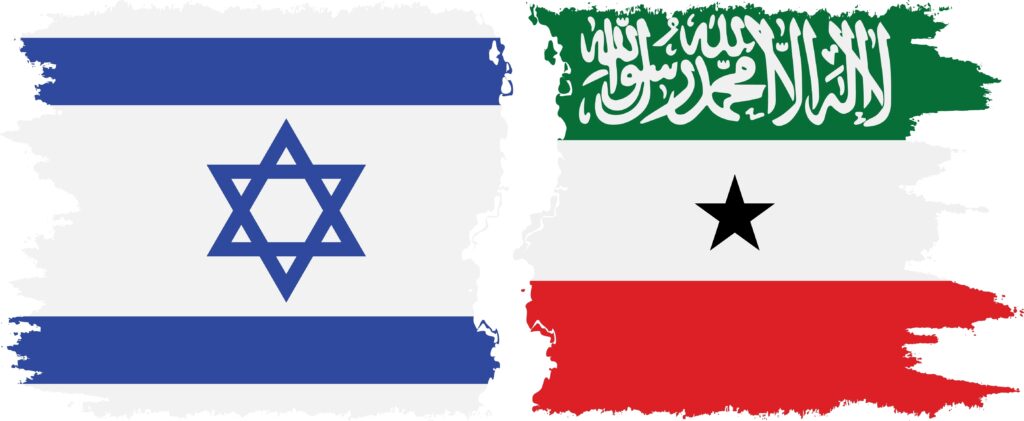UPDATES
Israel’s Oscar nominees tell us something about Israeli society
February 22, 2013 | Or Avi Guy

Or Avi-Guy
There are two Israeli films among the nominees for the 2013 Academy Award for best Documentary; Dror Moreh’s “The Gatekeepers” and Emad Burnat and Guy Davidi’s “5 Broken Cameras” (My review of “5 Broken Cameras” can be found here). This is yet another achievement for the Israeli film industry, which keeps on punching above its weight and produces world-acclaimed films, often acknowledged in film festivals around the globe.
But there is more to this story than the success of a small and modestly-resourced Israeli film industry, and that is its role in the public discourse about Israel and the Israeli-Palestinian conflict, and how this role reflects the pluralistic nature of Israeli society, and its democratic institutions.
Both of the Oscar nominated Israeli films are highly critical of Israeli policies, Israeli decision makers and leadership and its security mechanisms (reviews of the films and their one-sided criticism of Israel can be found here, here, here and here). Both also enjoyed financial support and funding from Israeli Government bodies and foundations.
Why, one might ask, is Israeli tax-payer money being used to fund such films that, beyond merely being critical, are extremely one-sided and highly biased, and might contribute to the ongoing efforts to delegitimise and defame Israel? (This is certainly true of “5 Broken Cameras”, which is simply well-made Palestinian agitprop.) Wouldn’t such films only play into the hands of those who wish to promote the “Israel-evil, Palestinians-innocent” dichotomy? Wouldn’t the haters say “we told you so – even Israeli films reveal Israel’s wrongdoings”? Well, unfortunately they probably would, but this perspective is simplistic and superficial, and completely misses the point – the real lesson is not so much about the content of the films, but rather about artistic freedom, pluralism and freedom of expression.
One of the most common accusations raised against Israel is that it is not truly democratic, or that its democratic nature is flawed. It is claimed that dissent is silenced with regard to the situation in the West Bank and Gaza, that the harsh realities are concealed from the public. Nothing could be further away from the truth, as the case of the vibrant, vocal and highly critical Israeli film industry proves.
Films like “The Gatekeepers” and “5 Broken Cameras”, much like “Waltz with Bashir,” “Ajami,” “Beaufort” and “Lebanon” and many others, are a part of the public debate about war and peace in Israel. They challenge perceptions, promote awareness and dialogue and, if they manage to avoid the pitfalls of prejudice, represent the complexity of Israeli reality, and the humanity in many impossible situations.
Contrary to the criticism, former and current Israeli governments see great importance and value in the contribution of the Israeli film industry in promoting pluralistic, open discussion as part of freedom of expression, regardless of the message or content of the film and its position regarding state policies. That is why it continues to support and fund films, knowing they are likely to be critical, and in accordance with liberal, democratic values and artistic freedom, does not interfere with the content of the films it funds.
Somewhat ironically, Palestinians have expressed discontent at the nomination of the Israeli-Palestinian collaboration -“5 Broken Cameras”- at the Oscars as an Israeli film (in fact, in the Best Documentary category, country of origin is not mentioned). They argue that since the film is about the Palestinian struggle against the security fence in the village of Bil’in, it is a Palestinian story, despite Israeli government funding and the fact that one of the co-directors is Israeli.
But try for a second to imagine the Palestinian Authority (PA) or Hamas funding a film that was critical of the Palestinian leadership – much less one that promoted a pro-Israeli narrative. It would never, ever happen. In fact, far from funding such a film, there would likely be strong PA efforts to prevent the film ever being made, as evidenced by the continuing efforts to arrest and prosecute Palestinians who criticise the Palestinian leadership on Facebook, in blogs or in the media.
Films such as “The Gatekeepers” and “5 Broken Cameras,” despite their skewed, black-and-white simplistic world views, their dubious agendas, and their relentless one-sided criticism of Israel, actually often reveal the full extent of freedom of expression in Israel. Artists and filmmakers, Jewish and Arab, Israeli and Palestinian, are not only free to criticise any aspect of Israeli politics and society – they also get paid to do so, and they thrive. This is one of the secrets of the success of Israel as a society over the past 60 years.
Tags: Israel

